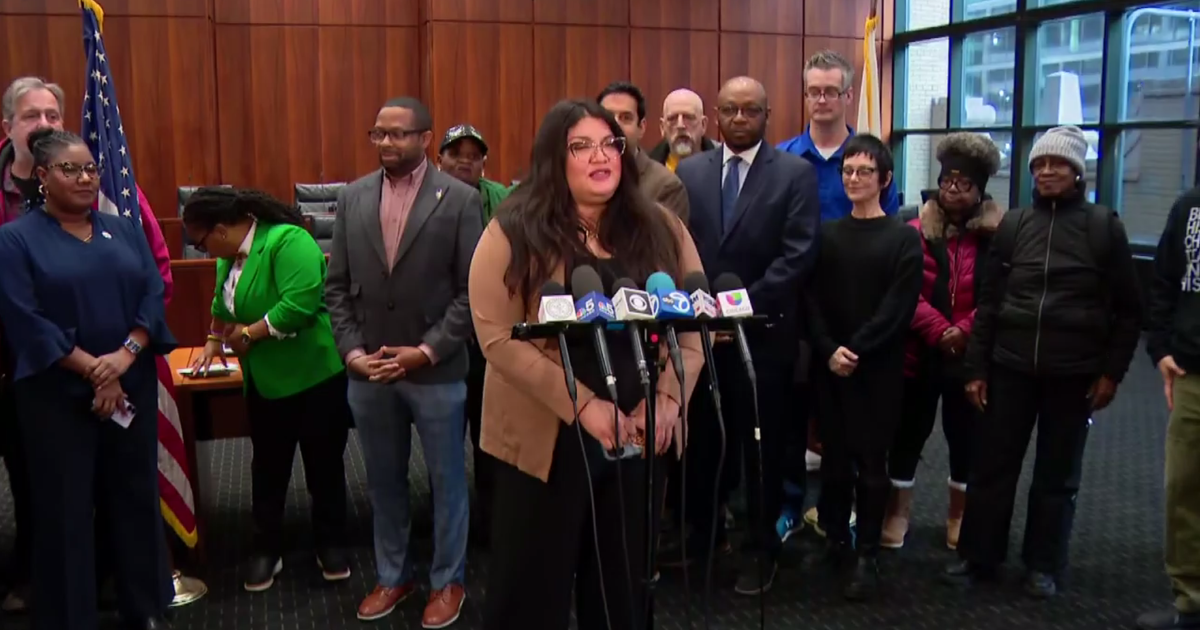What can I use my life insurance for?
When it comes to protecting the people who depend on you, life insurance is crucial. It's a smart way to ensure that your loved ones will be taken care of in the event of your death.
Granted, there are a variety of considerations to account for when trying to determine how much life insurance you actually need. And which type of life insurance you choose (whole or term) is specific to your personal financial situation.
Once the amount and type of life insurance are determined you can start paying your premiums knowing that your loved ones will remain secure and protected. But how secure and protected will they actually be? How does a life insurance payout work and what can that money be used for? The answers to these questions will help you decide if the type of policy you have - or want to upgrade to - is sufficient.
If you don't have life insurance or want to boost how much you already have, now is a good time to get started. You can begin with a price estimate today.
Regardless of where you fall in terms of life insurance protection, however, it's helpful to understand what an eventual policy payout can be used for.
What can you use life insurance for?
Life insurance policies can be used for several different reasons.
Many people will use a portion of a life insurance policy to cover funeral expenses. Those with spouses or children will usually buy a policy so their loved ones can easily cover the service costs after they're gone.
You can also place the proceeds in a trust so the beneficiaries will not have access to the entire funds when you pass. This may be helpful if you have small children and want to make sure they're responsible with the money.
Sometimes people purchase life insurance to provide a legacy for non-dependents. For example, if you're single with no children, you may want to purchase life insurance with your nieces and nephews as beneficiaries. If you have pets, you can also purchase a policy so the friend responsible for taking care of your animals will have the funds to do so.
Some people will purchase specific life insurance policies, such as Universal Life Insurance, to use as investments. Unfortunately, these policies often have high fees and will usually fail to match the stock market. You're often better off investing in a conventional retirement account like a 401(k) or IRA. Usually, only high net-worth individuals may benefit from purchasing one of these policies.
One note: while these instances are what life insurance is typically used for, the payouts beneficiaries receive can be used however the recipient wishes. There are no specific limits or requirements to be met. The cash received can be used as one sees fit.
If you don't have life insurance, or, realizing what it can cover, want to boost what you currently have, there are options to pursue. Getting a life insurance quote is a great first step.
While pursuing a new policy, however, it's also beneficial to have a clearer understanding of life insurance policies overall. This will help ensure you make the right decision when insurance shopping.
What is life insurance?
Life insurance is a way to protect your family in case you pass away during your prime earning years. An appropriate life insurance policy should pay out enough so your family doesn't struggle financially after your death.
Only those who are providing financial support for other people truly need to buy life insurance. For example, if you're single with no dependents, you probably don't need to purchase a policy. However, if you're married and have two kids, you will likely need a substantial policy.
Life insurance policyholders pay a monthly premium. If they pass away while the policy is in effect, the beneficiaries will receive the payout, which is not taxed.
There are two main types of life insurance: term and whole. As it sounds, term life insurance is only sold for a specific term, usually ranging from 10 to 30 years. Whole life insurance is designed to cover you for the duration of your life.
Term life premiums are usually much less expensive than whole life premiums because you're less likely to utilize the policy.
Most consumers do not need a whole life policy because they don't require coverage for their entire life. For example, if you pass away while you're retired, your beneficiaries will receive any remaining investments and savings. And since you weren't providing income via your job, you don't have to replace that income stream when you pass.
Some employers offer free or discounted life insurance coverage as a workplace benefit, but the total amount may range widely. If you leave the company or are let go, the policy will be forfeited and you will no longer have coverage. It's often wise to have your own life insurance policy separate from your employer.
Considering increasing your current life insurance coverage? Or want to start fresh with a new policy? Act now and get a price estimate today.




